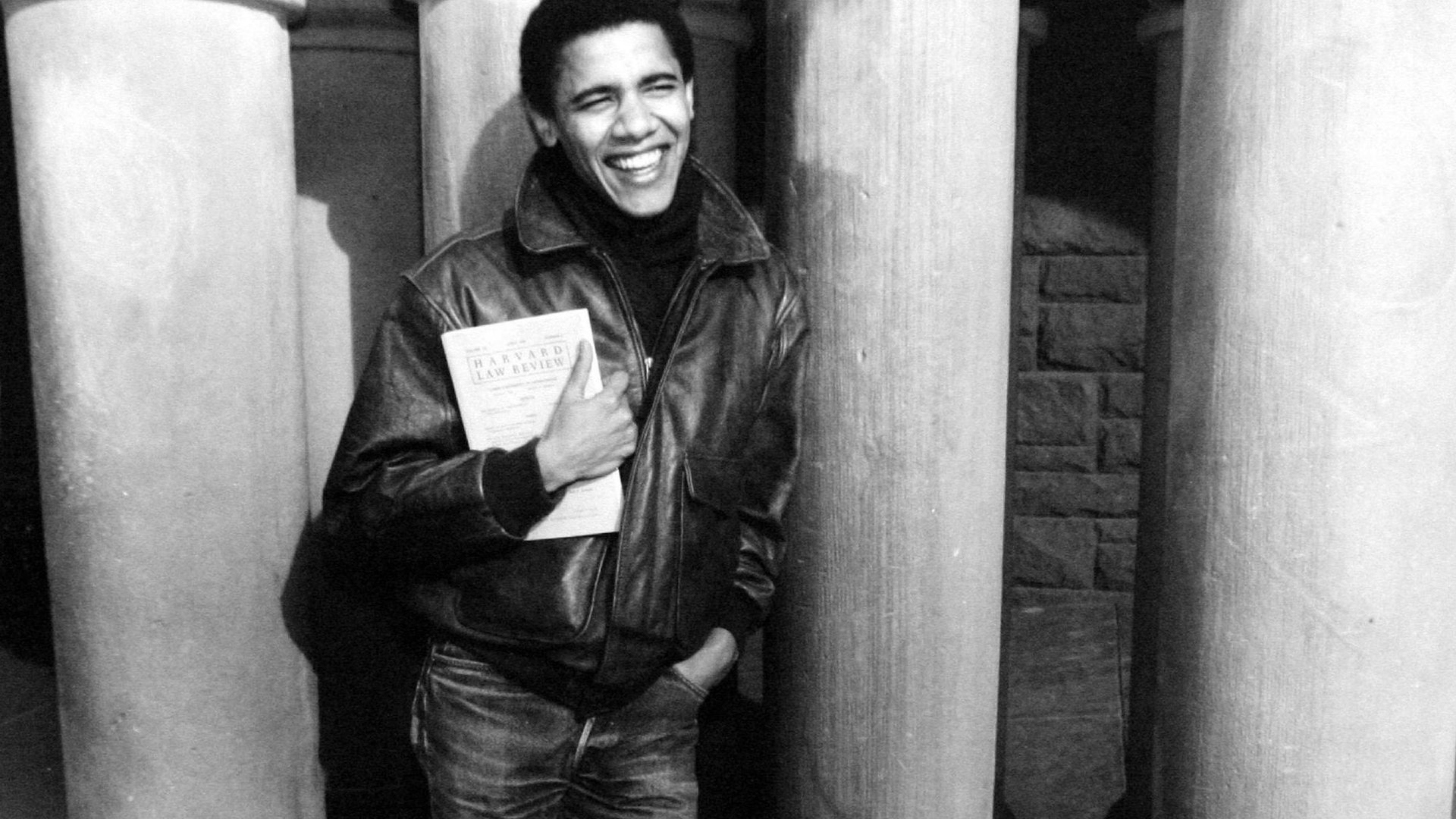Barack Obama says he was “wildly pretentious” in his college years and women found him “too intense”
Barack Obama is just like the rest of us: mortified by his younger self.


Barack Obama is just like the rest of us: mortified by his younger self.
In an interview with his longtime friend and political adviser David Axelrod, for the podcast The Axe Files, Obama reflected on his college years and described his life then as that of a “monk” who fasted on Sundays and preferred staying in at night to read Sartre rather than going out with friends. “You know, so in retrospect, wildly pretentious,” said the outgoing US president, whose life as a student at Columbia University in New York also is the subject of a newly released Netflix film, Barry.
Prior to transferring to Columbia, Obama spent two years at Occidental College in California. There, he said, he was more of a partier and a “goof-off,” although he was starting to become more socially conscious, studying civil rights “even if through the haze of a hangover.” Then came the death of his father, a Kenyan economist whom he barely knew, and the future president started thinking about what it means to be a black man in America.
He said that what followed was “huge overcompensation.”
“I’m humorless, and you know, have one plate and one towel, and fasting on Sundays, and friends start noticing that I’m begging off going out at night because I have to read Sartre or something. You know, so in retrospect, wildly pretentious. And when I read back old journals from that time, because I’m starting to write, or letters that I’ve written to girls you’re courting or something, they’re impenetrable…There’s all kinds of references to Foucault and Frantz Fanon and all this stuff and I’m like what—what are you talking about?”
Axelrod quips, “But those are cool pick up lines, I bet,” to which Obama answers: “They didn’t work, I think because people were all like, ‘Wow, this guy is just too intense. He needs to lighten up.’ I should’ve tried like, you know, ‘Wanna go to a movie?'”
There’s evidence that shows exactly how pretentious Obama was as a twenty-something. In a letter to a girlfriend, he once wrote this about poet T.S. Eliot: “But I will hazard these statements—Eliot contains the same ecstatic vision which runs from Münzer to Yeats. However, he retains a grounding in the social reality/order of his time.”